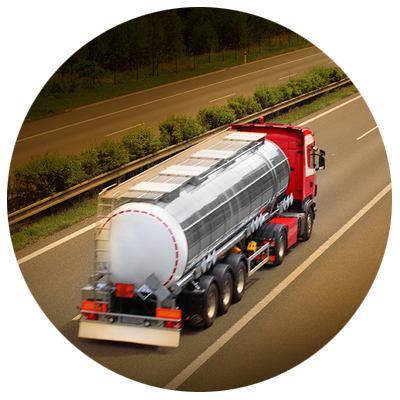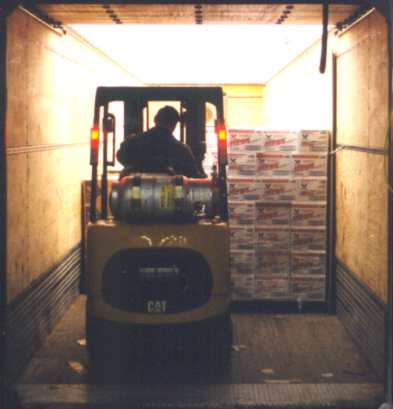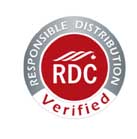Best Practices, Shipping to Canada
How does cargo liability work for Transborder Shipments?
Cargo liability rules come into play when cargo is lost or damaged. There are times when cargo that is to be transported from one point to another can arrive damaged at its destination point. It then must be determined if the goods got damaged during carriage or, the carrier got the goods in a damaged condition. In such cases, the laws of cargo carrier liability come into play. Cargo liability rules are somewhat different for United States than they are for Canada. When cargo is being carried from United States to Canada or vice versa, or within Canada, different rules apply.
Generally speaking, where the shipment originates, determines the rules that apply. So for example, a shipment picked up in Canada and delivered to the US, would fall under Canadian cargo liability regulations. Contrarily, a shipment picked up in the US but delivered to Canada would have the US rules apply.
Cargo liability laws in United States
In United States, it is the Carmack Amendment that governs the liability of damage or loss of a cargo shipment; 49 U.S.C. §14706. Here are some of the main features of the Carmack Amendment:
- The federal law preempts all the state law claims that arise from or related to any shipment of good from one state to another;
- A liable carrier needs to assume liability for any actual injury or loss to the property that is being transported; 49 U.S.C. §14706 (a) (l); (note: this is FULL VALUE, unless the carrier has contracted to limit that liability with the shipper/consignee).
- The carrier has the authority to limit or restrict its liability by entering into an agreement or contract with a shipper for a monetary amount that is less than the goods’ value in exchange for having lower freight charges; under 49 U.S.C. §14706 (f) (household goods) and(c) (commercial freight);
- Carmack needs a carrier to get a bill of lading issued or even a receipt for property received; however failing to do so doesn’t affect the carrier’s liability; 49 U.S.C. §14706 (a) (l).
Cargo liability in Canada
In Canada, both extra and intra-provincial cargo liability is regulated by Canadian provinces. Most of these provinces have enacted the conditions of carriage by regulations that are to be incorporated into the contract of carriage. The conditions are commonly uniform from one province to another and are frequently referred to as “Uniform Bill of Lading.” This Bill codifies carrier liability as well as certain obligations and rights of a carrier and a shipper. The carriers and shippers have got “freedom of contract” for following or deviating from “Uniform Bill of Lading”.
Like the Carmack Amendment followed in USA, in Canada a shipper needs to prove the following facts in order for the burden of damage liability to rest with the carrier:
- All the items were tendered by the shipper in fine condition,
- All the items were delivered in damaged condition or haven’t been delivered at all, and
- The total amount of all the damages
After the shipper has got the basic case of liability established, the burden of the damages shift to the carrier. The carrier in which case bears liability unless the carrier can prove that the factors responsible for the damages are among the following ones that have been exempted by “Uniform Bill of Lading”:
- Act of God;
- Quarantine;
- Strikes or riots;
- Authority of law;
- An inherent vice within the goods;
- A difference in the weights of grain;
- Act of the Queen’s enemy or a public enemy;
- A default or an act of the owner, consignor or the consignee
If the carrier can prove any of the above, they are exempted from liability.
There is a significant difference between liabilities in Canada vs. The US. It has to do with the amount of liability. In the US under Carmack, the full value of the goods is the amount of liability the carrier has. In Canada, this is limited (there are interprovincial differences, as well) to 4.41/kg. Typically, this is stated on the bill of lading $4.41/kg unless otherwise declared and a declared value charge of $xx applies. So in order for your carrier to have full liability, you would have to declare the full value. In which case, the carrier has the right to charge a premium for your excess value declared.
Having issues with claims and damages?
Contact us here at DSN Chemical transportation. We have an extremely low claims ratio and solve loss and damage issue for our clients all the time.
Disclaimer: This article is not meant to be a complete legal review of all issues regarding cargo claims. Please contact your legal professional for a consultation regarding legal issues with claims you may have.















Leave a reply
You must be logged in to post a comment.